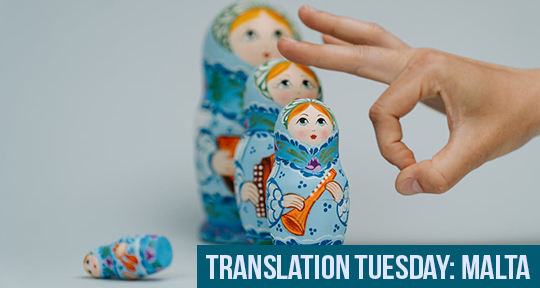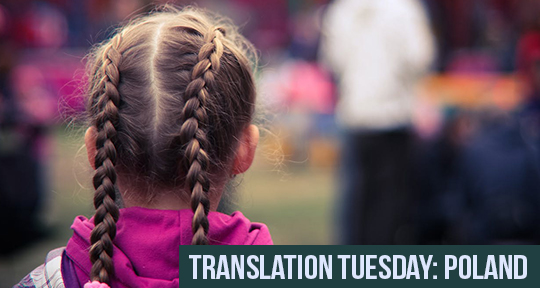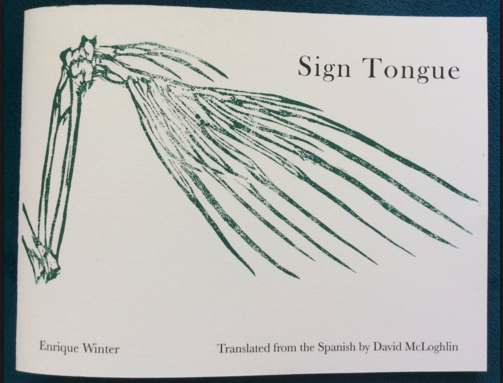The dolls leave and don’t come back “because life in the city is unbearable.” Who cannot sympathize with their choice? In this week’s Translation Tuesday, we bring you a haunting poem by the Maltese writer Clare Azzopardi, translated into plain, elegiac English by Albert Gatt. In presenting a city mourning the exodus of the dolls, Azzopardi’s poem draws us into the spectacle of objectification, the reduction of living creature to inert, inscribed surface that precedes all mass violence. Here as elsewhere the doll is the perfect image of womanhood under fascism, but what sets Azzopardi’s poem apart is not just its mastery of the elegiac tone, but a gesture, so small it’s almost imperceptible, towards the possibility of communication with fascism’s despised other: “sometimes the protagonist is also I / and sometimes / sometimes / words are.” Read on.
The dolls migrate once a year.
They come out of their houses and walk to the shore.
It’s an auspicious day, the day the dolls migrate.
Little boats await them along the shore.
Twenty dolls take their leave, give or take.
Year after year.






